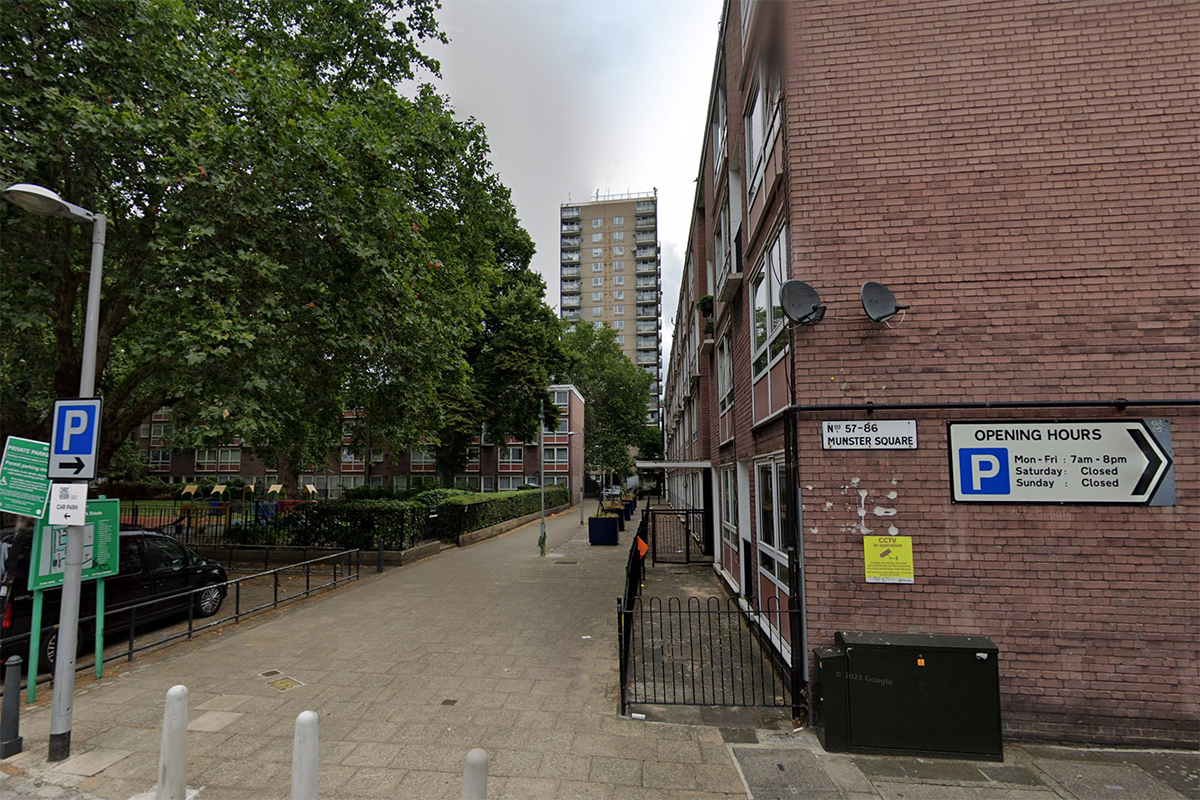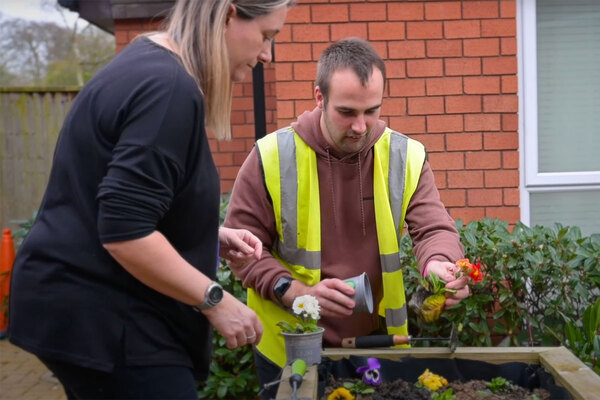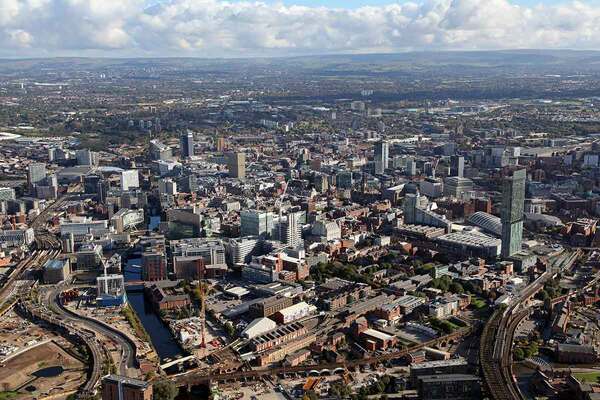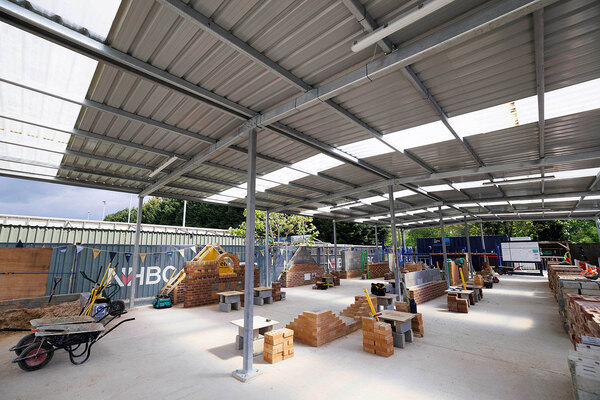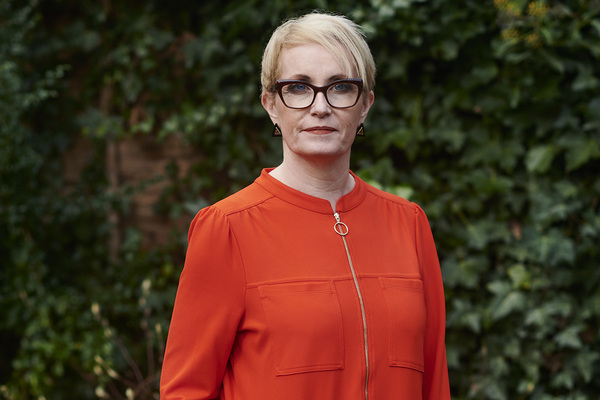You are viewing 1 of your 1 free articles
Hyde increases surplus thanks to 238% market sale boost
Hyde has increased its surplus for the year following a massive boost to its revenue from market sales.
Amid a volatile London housing market, which has seen a number of housing associations in the capital take a step back from market tenures, the 50,000-home social landlord boosted its development sales by 238% from £74m to £250.4m.
As a result, Hyde saw its surplus for the year – before fire, break costs and derivatives – rise from £102.2m to £134.5m, according to a financial summary it has released ahead of its full results for the year.
When those costs were included its surplus rose from £28.1m to £110.2m, with the former figure being largely the result of a refinancing carried out in the previous year.
The results also saw Hyde’s turnover rise from £339.6m to £447.9m, boosting its operating surplus from £172.9m to £200.5m.
Explaining the reason for the huge rise in Hyde’s income from sales, Peter Denton, group finance director at Hyde, told Inside Housing: “It’s a couple of things. One is that our development programme has been building up over a number of years and we’ve just hit maturity.”
He said the second reason was that Hyde delivered a slightly higher percentage of affordable homes last year – as a percentage of the total number of homes delivered – when compared with other years.
The huge rise in sales income contrasts with the experiences of many London housing associations in recent years.
Last week the UK’s largest housing association, Clarion, saw its surplus fall for a third year running, with chief financial officer Mark Hattersley telling Inside Housing this was a result of the association’s “cautious” approach to the market.
Mr Denton explained Hyde’s approach, saying: “Around the time of the 2016 EU membership referendum, we decided to focus our development activities on outer London and more affordable commuter towns across the South East of England.
“This decision, combined with our approach to site acquisition, phased development, our use of partnering and joint ventures, and continued treasury management, has served us well.”
Hyde’s results also recorded that it built 1,006 homes in the year, exceeding its target of 898. This was a decrease on the previous year’s figure of 1,285, but Mr Denton told Inside Housing this was due to “the vagaries of a calendar year”.





